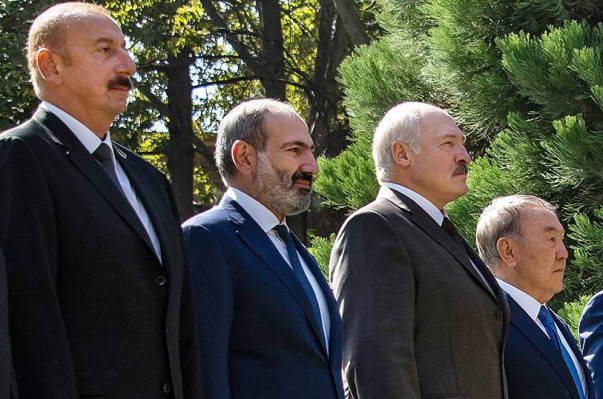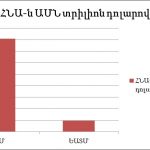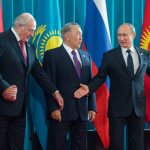- 1 October, 2018
- Eurasian Economic Union, Foreign Policy

If the Eurasian Economic Union and other Eurasian structures ever experience birth of models of transparent governance, that would be Armenia’s “fault”. On September 28, Prime Minister of the Republic of Armenia Nikol Pashinyan talked about the “passionate” debates taking place at the EAEU and CIS closed-door sessions on his regular Facebook live. According to Pashinyan, incredibly hot debates take place during those closed-door sessions.
Harm or benefit to the EAEU
Does Pashinyan’s statement harm the EAEU and CIS reputation? At first glance, Pashinyan “dared” to make an open statement about unions of closed and authoritarian governments. Moreover, his statement shows that the seeming unity of the EAEU and CIS countries, in fact, arouses doubt… if it exists at all. However, on the other hand, this statement challenges the generally accepted view of those countries merely being Russia’s satellite states. This statement not only raises the ratings of Armenia and other member states, but also Russia is viewed as a country capable of holding discussions in spite of its global reputation as a country dictating its will to other states. This shows to the world that not everything is so unambiguous, that discussions take place within the Eurasian structures and, as a result, decisions are made. Internal discussions and debates are a sign of healthy governance for any international structure.
Transparent Eurasian structures
On the other hand, Pashinyan’s statement can be considered as a suggestion to make the EAEU and other structures more transparent. This is perhaps an attempt to introduce the political practices that emerged in the April of 2018 in the management system of these organizations. Finally, the experience of a number of post-Soviet countries shows that no autocratic government can remain forever isolated from its citizens. The absence of communication between the government and citizens will one day turn into a nationwide dissatisfaction. The EAEU transparency may give this union a chance to become more popular among the citizens of its member states. Transparency can also raise public awareness of the processes in the EAEU. Taking into account the fact that in the near future Armenia does not have the prospect of leaving the EAEU, public awareness on the processes going on there may contribute to the membership of Armenia and other member states becoming more tolerable for the citizens, and the adopted decisions more acceptable.
Unprecedented statement
This statement is unprecedented for two different reasons. First of all, this statement is unprecedented for the EAEU and the CIS. As a union, which is almost exclusively composed of non-democratic states, it has a member state today which offers acting based on democratic principles. The second reason is that Armenia is presenting itself as a state which has enough sovereignty to offer a change in the internal procedures of the organizations.
Nonetheless, it is unlikely that the other leaders of member states of the Eurasian structures would wish to introduce such a degree of transparency into the domestic life of their countries. However, this does not undermine the importance of Pashinyan’s statement because it is a clear attempt to introduce a new political culture within the EAEU and other structures.
Anna Pambukhchyan
Union of Informed Citizens


 Հայ
Հայ Рус
Рус


